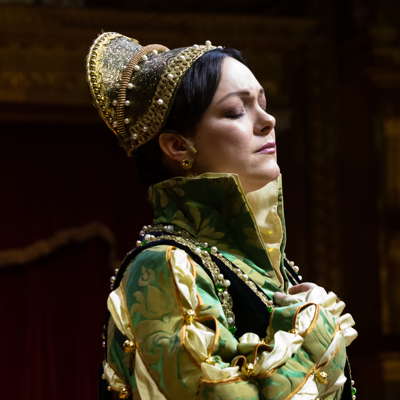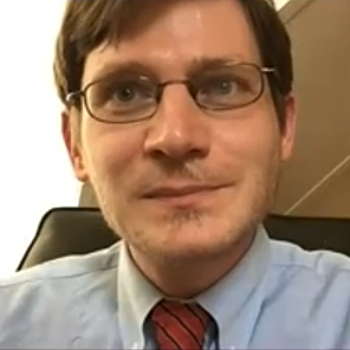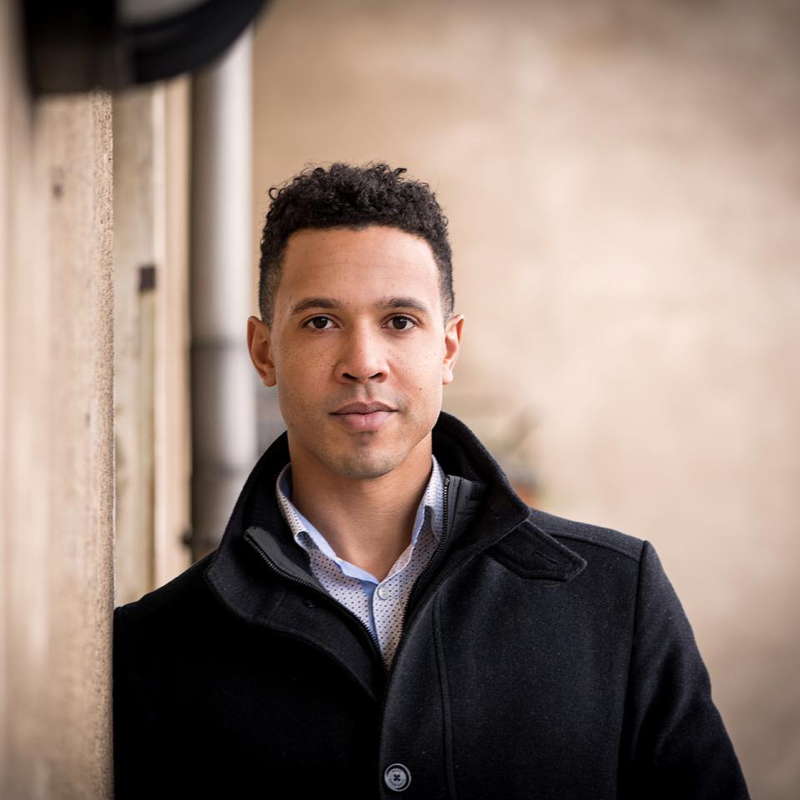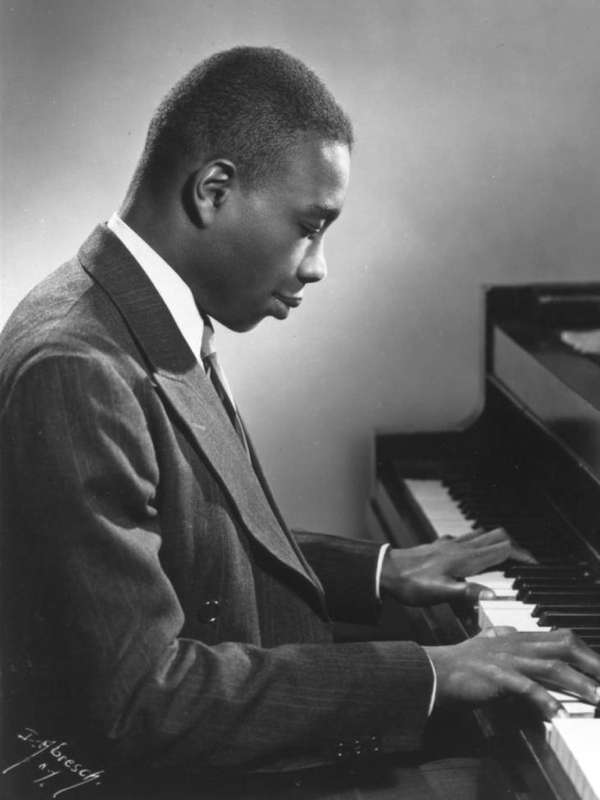- Jovdat Hajiyev
- Nikolay Tcherepnin
- Die Fledermaus
- Neil Black
- Shostakovich: The Nose
- Gennady Rozhdestvensky
- Tony Aubin
- Roudaki Foundation
 FROM ROME: From December 2009 until March 2023, the late Giuseppe Pennisi sent us regular reports from the Italian opera and classical music scene.
FROM ROME: From December 2009 until March 2023, the late Giuseppe Pennisi sent us regular reports from the Italian opera and classical music scene.
 DISCUSSION: Defining Our Field - what is 'classical music' to us, why are we involved and what can we learn from our differences? Read John Dante Prevedini's essay, watch the panel discussion and make your own comments.
DISCUSSION: Defining Our Field - what is 'classical music' to us, why are we involved and what can we learn from our differences? Read John Dante Prevedini's essay, watch the panel discussion and make your own comments.
Inventive Programming
MIKE WHEELER listens to music by Vaughan Williams, George Walker and Tchaikovsky
Back in March this year, Sinfonia Viva played an hour-long Sunday afternoon programme of baroque music. The idea looks like becoming a regular fixture, if their latest concert is anything to go by. With conductor Matthew Lynch, the orchestra's strings performed music from later periods - two established classics, and a piece on the verge of becoming one - Royal Concert Hall, Nottingham UK, 29 October 2023.

Matthew Lynch
Vaughan Williams' Fantasia on a Theme by Thomas Tallis began not just softly, but like a gentle out-breath. The lower strings' initial statement of Tallis's hymn-tune was well balanced against the tremolando first violins. The nine players of the second orchestra were ranged across the back of the platform, giving just enough of a recessed feel to their soft but purposeful playing. The solo quartet contribution, in which Vaughan Williams touches base with the instrumental fantasy tradition of late sixteenth- and early seventeenth-century English composers such as Gibbons, flowed, with just a hint of the agitation that wells up in the big climax, richly sonorous here. The subsequent wind-down was eloquent in its not-quite tranquility.
Pulitzer Prize-winning American composer George Walker has been a major discovery for many in recent years. His Lyric for Strings is his own scored-up version of the second movement from his First String Quartet of 1946. There are clear echoes of the Vaughan Williams, starting as it does from a similarly withdrawn place, and moving mainly in long contrapuntal lines, from its gentle beginning, to an impassioned central climax, and a quiet withdrawal at the end. The depth of tone in the big moments was underpinned by firm playing from the double basses. The moving lyrical passage after the climax was unexpectedly reminiscent of Gerald Finzi, but didn't seem at all incongruous.

George Walker in the 1940s
Tchaikovsky's Serenade opened robustly, the orchestra making a rich but also detailed sound, while the quick music had plenty of vigour. After a gracefully swirling account of the Waltz, the third movement found just the right balance between the impassioned moments and the still, haunted passages. The blend of the ruminative and the expectant, as the finale emerged from the preceeding stasis, was nicely caught. The dance, once it got going, was both vigorous and light on its feet, and the recall of the first movement's opening marked a real point of arrival.
There's clearly a place for shorter concerts like this, with as much potential for inventive programming as their longer counterparts.
Copyright © 9 November 2023
Mike Wheeler,
Derby UK



